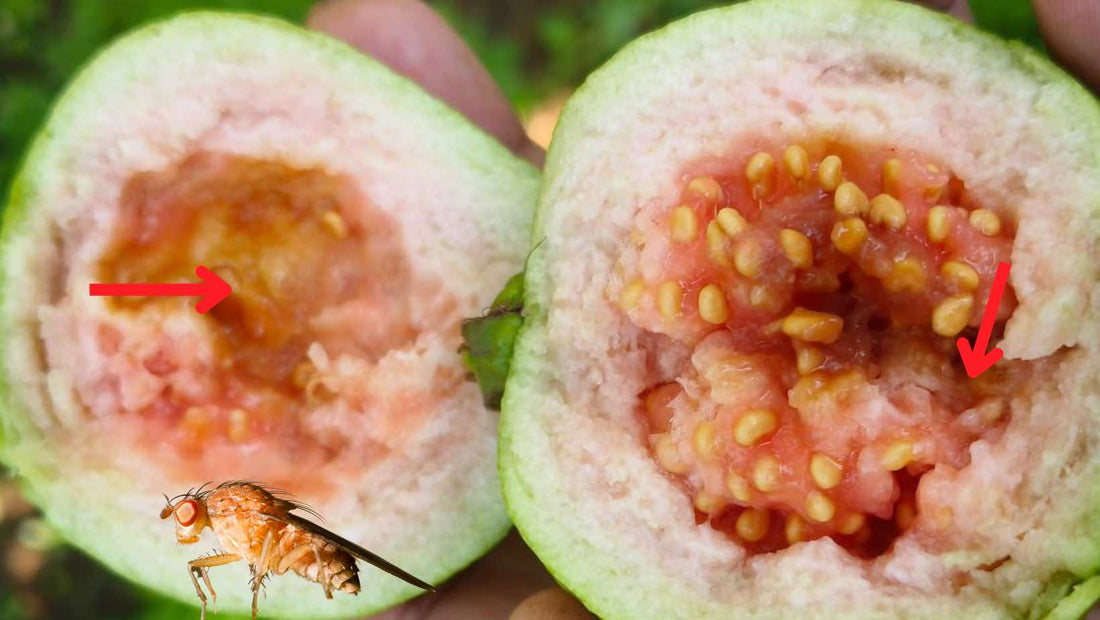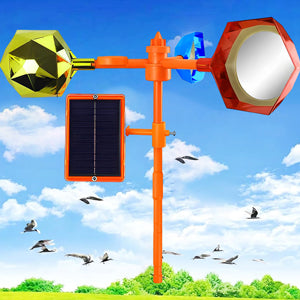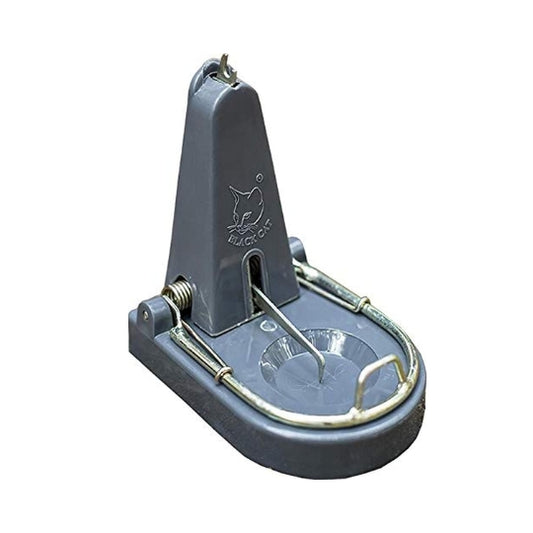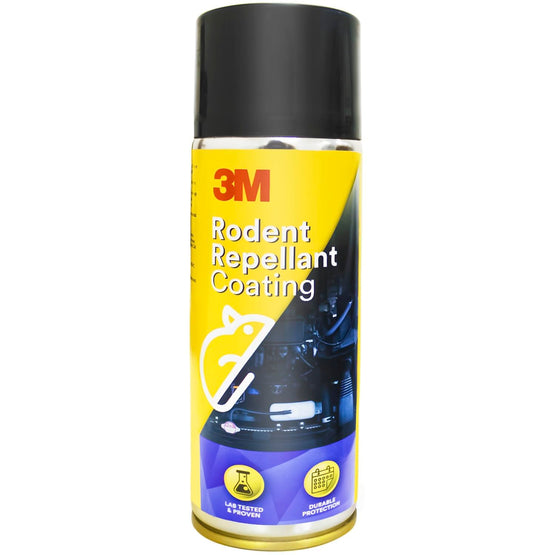
Fruit Fly Infestation in Guava: A Major Problem for Farmers
Share
Fruit fly infestation is a major problem for guava farmers across India. This pest can cause significant damage to crops, leading to premature ripening, fungal infestation, and fruit dropping. Farmers often misdiagnose the problem and spray pesticides and fungicides unnecessarily, which does not solve the problem and increases expenses.
What is Fruit Fly Infestation?
Fruit fly infestation is caused by a small insect known as the fruit fly. Fruit flies are attracted to ripe and ripening fruits, where they lay their eggs. The eggs hatch into maggots, which burrow into the fruit and feed on the flesh. This can cause the fruit to ripen prematurely, become infested with fungus, and drop from the tree.
How to Prevent Fruit Fly Infestation
There are a number of things that guava farmers can do to prevent fruit fly infestation:
- Use pheromone-based fruit fly traps. These traps attract and kill male fruit flies, which disrupts the mating process and prevents female fruit flies from laying eggs.
- Monitor crops closely for signs of infestation. If you see any maggots or fruit dropping, take immediate action.
- Sanitize your orchard regularly. Remove any fallen fruits and weeds, which can attract fruit flies.
- Cover ripening fruits with nets. This will prevent fruit flies from laying their eggs on the fruit.
What to Do if Your Guava Crop is Infested with Fruit Flies
If your guava crop is already infested with fruit flies, there are a few things you can do:
- Collect all fallen fruits and destroy them. This will prevent the maggots from forming pupae and developing into adult fruit flies.
- Apply insecticides to the fruit trees. Be sure to follow the directions on the product label carefully.
- Release parasitic wasps into the orchard. Parasitic wasps lay their eggs in fruit fly eggs, killing the maggots before they can hatch.
Conclusion
Fruit fly infestation is a serious problem for guava farmers, but it can be prevented and controlled with proper management. By using pheromone-based fruit fly traps, monitoring crops closely, and sanitizing the orchard regularly, farmers can reduce the risk of infestation. If infestation does occur, farmers can take steps to control the pest and minimize damage to their crops.















